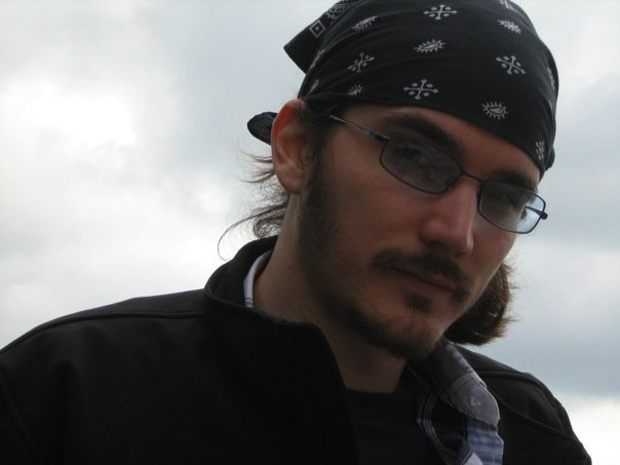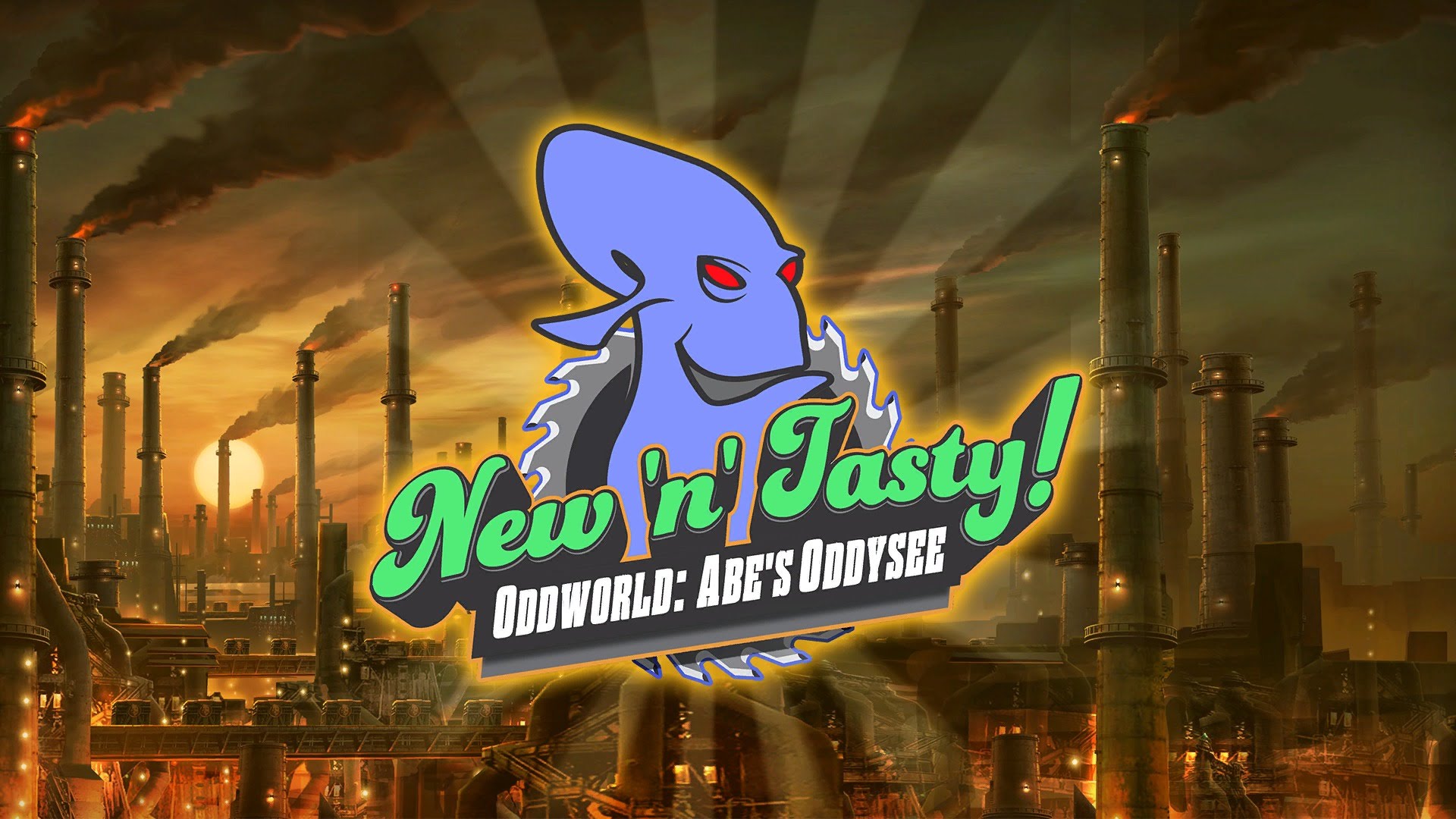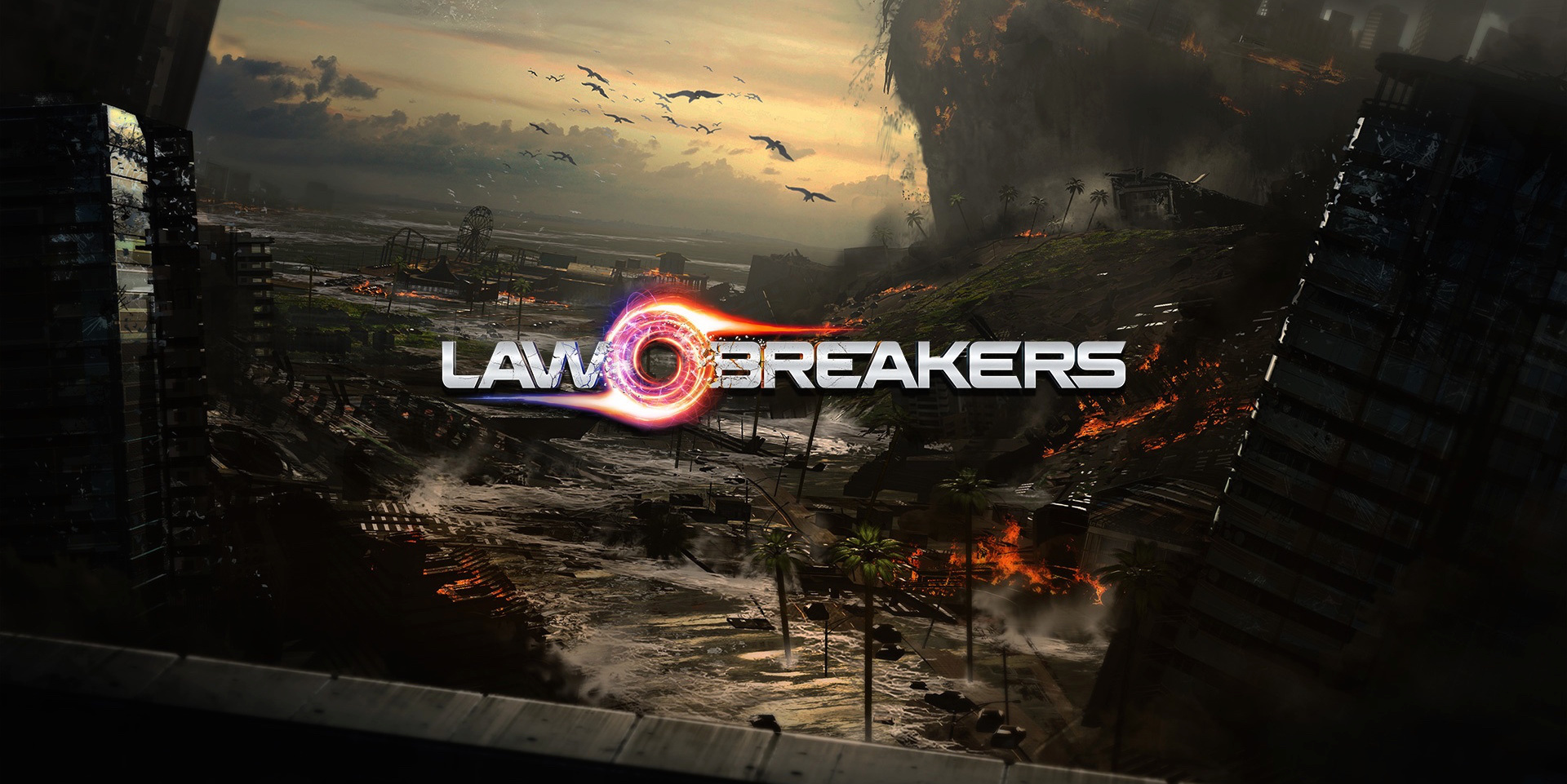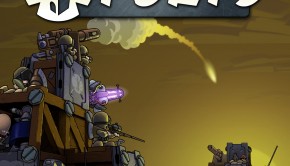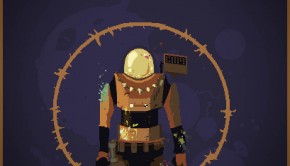Jack Menhorn Interview: Designing Sounds from Indie to AAA
Jack Menhorn has worked on all aspects of game audio over the years: sound design, composing, voiceovers, and implementation. After years working on indie titles such as Nova-111 and Hack Slash Loot, he is presently working on new shooter LawBreakers. He is also editor-in-chief of DesigningSound.org, a top journalistic resource for sound designers.
In this article, Menhorn talks about his experiences working on various aspects of game audio and his experiences working in both the indie and AAA industries. Along the way, he touches on some of his favourite projects, including the newly-released sci-fi soundtrack for Nova-111.
Interview Credits
Interview Subject: Jack Menhorn
Interviewer: Chris Greening
Editor: Chris Greening
Coordination: Chris Greening
Interview Content
Chris: Many thanks for talking to us today, Jack Menhorn. First of all, can you tell us about your background? What led you on the path to becoming a game composer and sound designer?
Jack Menhorn: Thanks for interviewing me! I’m a big fan of the site.
In high school I did the whole “try to be in a metal band” thing. Around that time Morrowind and Halo came out and their soundtracks left a big impression on me, so I thought how rad it would be to compose music in all these different styles video games seemed to have. Cowboy Bebop was also a big influence on me at the time (and continues to be I suppose, I wish I could do good Jazz).
So after high school, guitar wasn’t very interesting anymore so I started learning piano and eventually did the college thing for said piano. At the same time, I tried to work on any small game or mod; indies hadn’t taken off quite yet so mods were still a viable entry into the industry). Eventually a few projects like The Haunted: Hells-Reach, Offworld, and Kyoto picked up momentum and I started getting paid!
Chris: Since joining the games industry in 2007, you’ve balanced a range of roles: sound designer, voiceover editor, implementer, and, of course, composing. How have you become proficient in each of these areas? What are the advantages of being an all-round audio expert?
Jack Menhorn: You learn by doing, right? Getting better at each aspect of audio levels you up in the other aspects as well. Editing and designing sounds helps you learn good techniques that are applicable when stitching two different voiceover takes into one when needed. Working on some gunshot fire sounds last year really helped me recently when using compression for music kick drums to get the proper attack and punch I was looking for.
Being able to handle most/all aspects of a game projects sound is very valuable when marketing yourself. If a small dev has to only hire one person instead of two or three its an easier sell to have you on the project.
Chris: During this time, you have worked on over 25 game projects, most of them casual games. Can you tell us about how you have developed a reputation in this area?
Jack Menhorn: Working mostly on casual/mobile games came about out of necessity. Those are the projects that needed me for sound so those are the projects I did! I got very lucky in that, when I started really trying to break into being an audio biz, the iOS/mobile started taking off. Lots of small projects needed sound and AAA studios weren’t beating down my door with job offers, so I went where the interest was. Working in indie/mobile can and is a rewarding avenue for composers and sound designers.
With some newer/inexperienced devs there is a learning curve on both sides that is a challenge. For example: for you it’s finding out what they actually need from audio even when they don’t and the best way to communicate that on each new project with different personality types. For them, they might need to let go of their attachment to their “baby” that they don’t want anyone else to touch and let you do your thing as the one responsible for the audio. Or humorously, in some cases I have had to coach new indies on how to digitally sign contracts or had to explain “no, we can’t use these SFX you found on a website because they are from Dragon Ball Z and that is copyrighted.”
Chris: How have you established and cultivated links with so many developers over the years?
Jack Menhorn: Establishing links can be as easy as an email saying “Hey, that thing you’re doing looks cool, let me know if you wanna chat about sound”. Cultivating those links is also as simple as doing a good job on the project so the dev wants to have you back. I am also fortunate do have a lot of friends working in game audio who will also recommend me for jobs when their own dance card gets full. A lot of my freelance work (such as Nova-111) is repeat clients or referrals.
Chris: You handled all the audio assets on Nova-111, a newly-released sci-fi adventure. Can you elaborate on how you developed the sound for this title from the ground-up? What were your ultimate aims for the audio of this title?
Jack Menhorn: The sound for Nova-111 was really easy and incredibly fun to make. I had free reign to do whatever and fortunately it seems to have worked out!
My aim for the sound overall was to make it sound like a rad video game. I have been heavily influenced by old-school video game sound design from Mega Man, Mario, Final Fantasy and tons of others in the SNES and PS1 eras.
After some early iteration on the core sounds of movement, bumping enemies, and early abilities the rest of the design pretty much fell into place following that palette and aesthetic. To keep everything tied together in the universe I tried to make good use of a set of sounds I had recorded and designed for the project. So by using some of the same base material of mouth sounds, bubbles, and vegetable squishes; many enemies sounded like they belong in the same world. Or at least that what I hope.
Chris: The soundtrack for Nova-111 was recently released on Steam. Can you tell us more about your inspirations for the score of this title?
Jack Menhorn: Nova-111 takes place in a weird and somewhat visually abstract universe. So I wanted the music to reflect that “odd-ness” a little bit. Additionally the player wanders around some levels for a good bit of time, so more ambient and relaxing music was the direction I wanted to go since 30-45 second battle themes aren’t going to make sense in a 10-15+ minute play through of a level.
For this game, I was inspired by the Drive soundtrack, Ryuichi Sakamoto, Arc of Doves, .hack soundtracks, Moby, and for some of the later tracks I composed that incorporate guitar; Tycho. That sort of ambient electronic space the Nova-111 soundtrack occupies is where I am most comfortable, so it really works out that that’s what Funktronic Labs was also into!
Chris: How did you record its atmospheric electronic score?
Jack Menhorn: Like I mention in this Gamasutra article; I used Ableton Live for the music. Live is made for live musical performance which made it excellent for prototyping dynamic music systems and figuring out the best way to layer the music to work how I wanted in-game.
Fortunately the whole process was very organic: I would sit down and just start messing around and toying with software instruments inside Live until I came to something I liked and build out a track and then see if Eddie at Funktronic Labs liked it. 100% of the time he did so there was no wasted time or tracks when making the soundtrack. I just made what I felt like and we found a place for it. I think the only track I made for a specific spot was the boss track V-kng-52 which was actually the last track I made as well!
Chris: Three of your indie soundtracks, Robots Need Love Too, Relic Rush, and Hack Slash Loot, were released on Bandcamp. Can you tell us more about how you approached each of these titles?
Jack Menhorn: Hack Slash Loot was a really fun game to work on. When I started working on it, I think Diablo III had recently been announced so I got the itch to play Diablo II again (which is a reason I got a lot of Fs and Cs in high school way back when). The D2 soundtrack is phenomenal and was definitely an inspiration for the dark, brooding atmosphere I was going for. A little bit of Final Fantasy specifically Masashi Hamazu found its way in too, but maybe only I hear that.
Relic Rush was really fun because for the OST I had a bunch of friends also do remixes which appear on the album. Getting to hear other peoples takes on something I have made is incredibly interesting and humbling. I hope I can do the same for Nova-111 soon.
Chris: Another fun project that you worked on was Oddworld New ‘n Tasty. Can you share us the story of you created the creature sounds and voices of this title? Given you’ve mostly worked with stand-alone games, what was it like to work with new IPs on this title?
Jack Menhorn: It was certainly a fun project! I did the creature voices for the Slog and the Elum. The Elum was the really interesting one since it is made up entirely of my voice. My first few passes at the Elum were more animal-like where I was trying to perform it like a horse or a cow but Michael Taylor, who was the audio guy at Just Add Water at the time; wanted a more human feel to the character. So we went with that and it was actually pretty easy! Not much design had to go into that creature, it was mostly performance.
It was a bit daunting working on an IP with such a long history and devoted fanbase. Hopefully I didn’t let anyone down and they enjoy my takes on the creatures! The game seemed to review well.
Chris: You recently announced that you have joined Cliff Bleszinski and Arjan Brussee’s Boss Key Productions. What inspired you to switch to being an in-house sound designer after years working as a freelancer?
Jack Menhorn: It has always been my goal to work in AAA development. The longer development times with larger teams allows for everyone to do bigger and cooler things. With freelance too often I would just be designing sounds in sort of a vacuum, maybe without any reference and then putting them in a Dropbox folder and hoping it all works out. With AAA you get to see every idea and asset from beginning to end so its a lot less nebulous what is needed sonically. And since I am the one implementing the audio, it’s my responsibility to make sure it sounds as rad as intended.
And LawBreakers is a sound designer’s dream project. Working on sci-fi sounds, weapons, and environments is a real treat. I have been here 6+ months now and it has been a blast.
Chris: As you say, you are working on Boss Key’s debut project, LawBreakers, a first-person shooter. Can you outline your responsibilities on this? What are you aiming for the sound of this title?
Jack Menhorn: On LawBreakers I split my time between technical sound design and sound design with the ratio tipping towards the former.
Technical sound design is the discipline of taking sounds and implementing them into the game engine, making sure they work properly, and tweaking them if necessary. So I take sounds made by our audio director Marc Mailand, or one of our talented contractors, and plug them into Wwise and make sure it works how we want it to and interfacing with our core and gameplay engineers to build out any new functionality we need. For sound design I have been digging into UI, ambience, and some character abilities so far but all our sounds have been a bit of a collaboration so I have helped jazz up a few others.
We are aiming for a hyper-realistic feel to our weapons and abilities without going too over the top. Given the competitive multiplayer focus of LawBreakers we want to make sure all our sounds are informative and read well while being rad and satisfying otherwise the sound isn’t doing its job.
Chris: Will you still take part in freelance projects?
Jack Menhorn: Finishing up Nova-111 has been my only freelance project on the weekends since Boss Key Productions keeps me pretty busy. I wouldn’t mind doing other freelance stuff if my interests and schedule line up, but LawBreakers has no shortage of cool things that need my attention.
Chris: Finally, you are the editor-in-chief of DesigningSound.org dedicated to the ‘art and technique of sound design’. Can you elaborate more on the aims of this website and how you have cultivated them over the last few years?
Jack Menhorn: Totally! DesigningSound.org is “a resource dedicated to the art and technique of sound design, with the aim of sharing information and knowledge for free.” We focus on news, reviews, interviews, and indepth articles about sound design in film, tv, games, and everything beyond. We are a group of professionals in the various aforementioned industries volunteering our time to help foster knowledge among our discipline. We are always on the lookout for cool articles and interviews with our peers.
Chris: Many thanks for your time today, Jack. Is there anything else you’d like to say about yourself or your works? Do you have any messages for your fans around the world?
Jack Menhorn: Thanks to everyone who has said such nice things about the Nova-111 audio! I am quite glad it seems to have gone over well. Please grab the album if you haven’t
Posted on October 1, 2015 by Chris Greening. Last modified on October 1, 2015.

